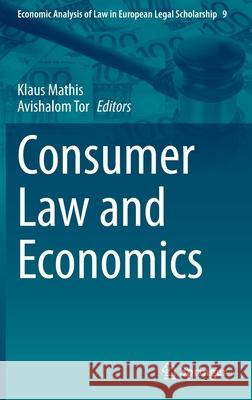Consumer Law and Economics » książka
topmenu
Consumer Law and Economics
ISBN-13: 9783030490270 / Angielski / Twarda / 2020 / 326 str.
Consumer Law and Economics
ISBN-13: 9783030490270 / Angielski / Twarda / 2020 / 326 str.
cena 724,58
(netto: 690,08 VAT: 5%)
Najniższa cena z 30 dni: 693,97
(netto: 690,08 VAT: 5%)
Najniższa cena z 30 dni: 693,97
Termin realizacji zamówienia:
ok. 22 dni roboczych.
ok. 22 dni roboczych.
Darmowa dostawa!
Kategorie:
Kategorie BISAC:
Wydawca:
Springer
Seria wydawnicza:
Język:
Angielski
ISBN-13:
9783030490270
Rok wydania:
2020
Wydanie:
2021
Numer serii:
000471408
Ilość stron:
326
Waga:
0.65 kg
Wymiary:
23.39 x 15.6 x 2.06
Oprawa:
Twarda
Wolumenów:
01
Dodatkowe informacje:
Wydanie ilustrowane











